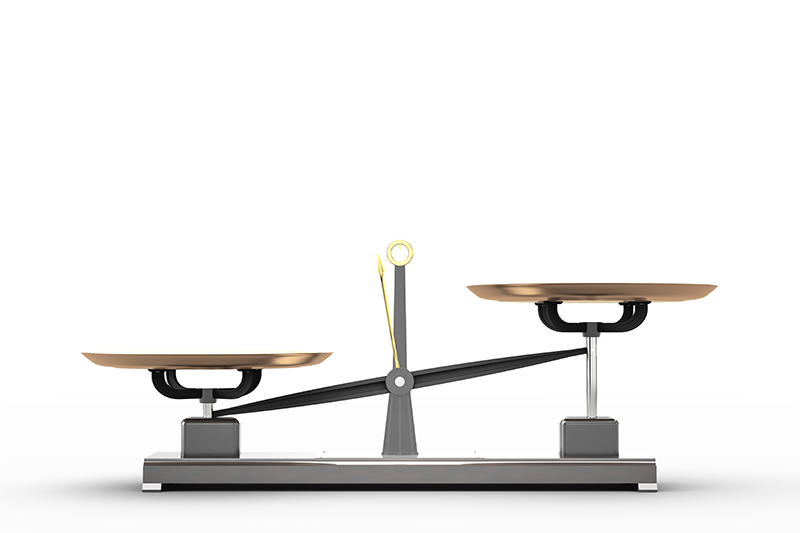In 2024, Eurofound continues to study upward convergence towards better working and living conditions and stronger economic and social cohesion. The focus is on the potential rise of new inequalities and how to explain and address the increased challenges to the social cohesion of the EU brought about by the COVID-19 pandemic and Russia's invasion of Ukraine. Eurofound continues to report on the latest trends in and drivers of upward convergence in the socioeconomic dimension by updating and maintaining its dashboard of indicators and by providing regular annual updates at Member State and regional level.
Building on previous work on income inequalities and on the middle classes, research concludes on trends in this area, shedding light on the impact of the increased cost of living on different income groups, including the middle class, and households.
Eurofound provides new evidence on the role of human capital in inequalities across the EU, in particular its role in ensuring social cohesion and convergence. Alongside exploring stocks and flows of human capital across Member States, the study offers an insight into the role of education as a driver of economic and social convergence.
New evidence also sheds light on the emerging challenges and opportunities arising from the high inflow of Ukrainian refugees to the EU, focusing on integration efforts at EU and national level, as well as the impact on public services.
A new project on the role of digitalisation complements Eurofound’s work on convergence and inequalities. This research analyses the long-term trends in the uptake and usage of digital technologies by EU citizens and the progress made by Member States in fulfilling the targets set in their recovery and resilience plans. It also assesses if digitalisation is a driver of economic and social convergence in the EU, with a focus on income, employment and poverty.
Building on previous work in 2019 and drawing on newer data, Eurofound aims to identify changes in overall wealth distribution during recent years and produce a more detailed account of the size and composition of the population with no or negative wealth, and of the asset composition of the wealth quintiles.
New research also examines the dynamics of social cohesion, polarisation in perceived trust in institutions and satisfaction with democracy in Europe. This analysis explores social developments that can lead to tensions, withdrawal or radicalisation, and the main dimension of the polarisation in European societies over the last decade. Looking at the 2024 European elections, the research investigates new forms of inclusive participation and their possible effect on polarisation.
































